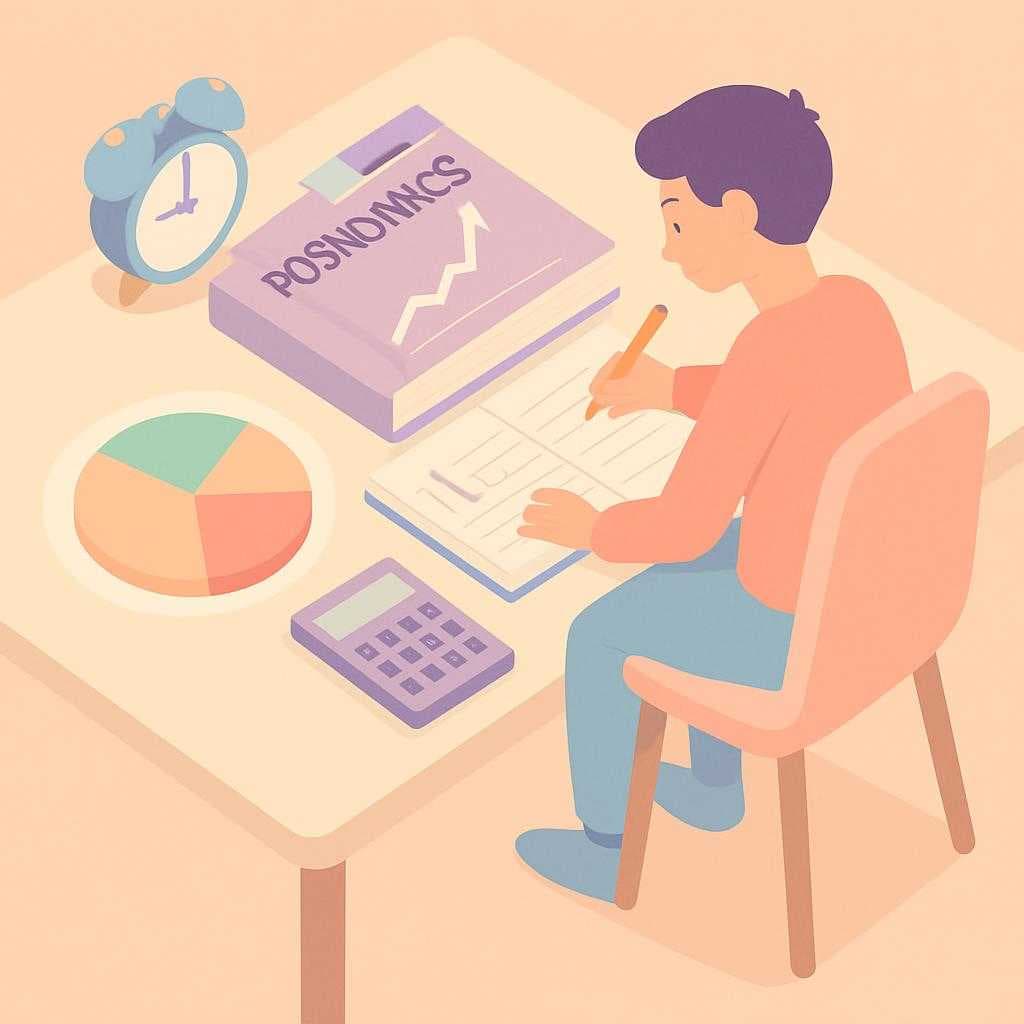The Art of Revision: A Fresh Strategy for GCSE Economics Students
Summary: Discover the ultimate revision strategy for GCSE Economics students in the UK. Learn how to effectively prepare for exams, focusing on exam boards like AQA, OCR, and Edexcel, and boost your confidence in the subject.
When it comes to mastering GCSE Economics, revising efficiently is just as crucial as understanding economic concepts. With exam boards like AQA, OCR, and Edexcel offering distinct formats, students need tailored strategies to ace their exams. Here’s a fresh approach to revising for GCSE Economics that will not only help you retain information but also boost your confidence.
Know Your Exam Board
Before diving into revision, it's essential to understand the specifics of your exam board. AQA, OCR, and Edexcel each have unique structures and emphases in their exams. For instance, AQA might lean towards multiple-choice questions, while OCR could focus more on case studies. Familiarize yourself with past papers from your specific exam board to identify patterns in question types and topics emphasized.
Create a Dynamic Revision Schedule
A well-structured revision timetable is your best friend. Break down your syllabus into manageable chunks, ensuring you cover both micro and macroeconomic topics. Allocate more time to challenging areas, but don't neglect your strengths. Regularly rotating between topics can help reinforce your understanding and maintain your interest.
Engage with Real-World Examples
Economics is all around us, from the price of goods at your local store to international trade policies. Applying real-world examples to your revision can make the subject more relatable and easier to grasp. For instance, consider how Brexit has impacted UK trade or how inflation affects consumer purchasing power. This not only aids retention but also enriches your answers with depth and context.
Practice Exam Techniques
Understanding content is important, but mastering exam techniques is crucial for success. Practice writing concise, structured answers under timed conditions. Focus on clarity and coherence in your essays, ensuring you answer the question directly. For data response questions, practice interpreting graphs and tables swiftly and accurately.
Join Study Groups
Collaborating with peers can offer new perspectives and insights. Join or form study groups with classmates to discuss complex topics, quiz each other, and share resources. Teaching others is a powerful way to reinforce your own understanding.
Use Active Learning Methods
Ditch passive reading for more engaging revision methods. Use flashcards for key terms, create mind maps to visualize economic concepts, or record yourself explaining topics and replay them. Active learning encourages better retention and understanding.
By implementing these strategies, you'll be well-prepared to tackle your GCSE Economics exams confidently. Remember, understanding your exam board's nuances, engaging with real-world economics, and practicing effective revision techniques are your keys to success. Embrace the art of revision, and watch your economics skills flourish.
